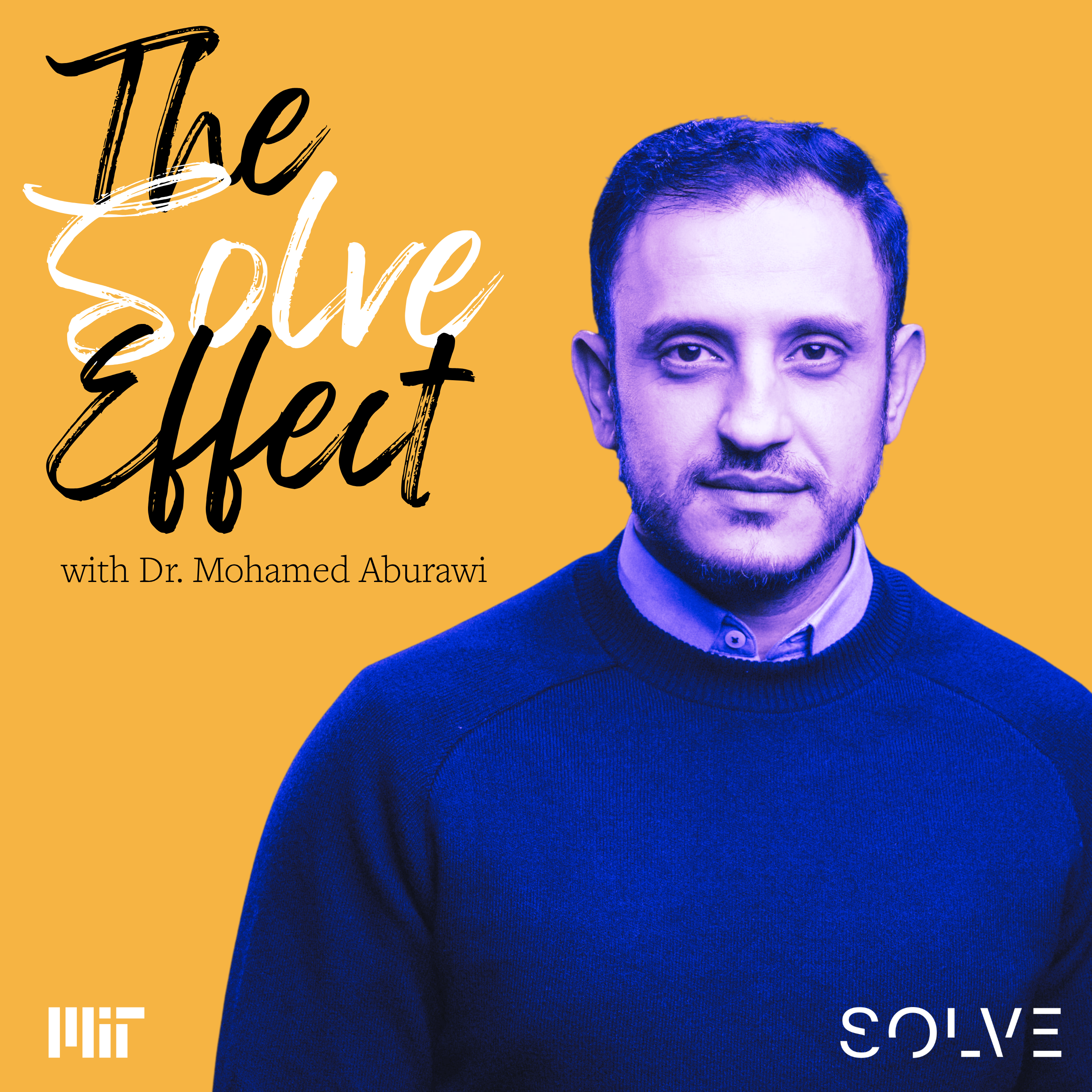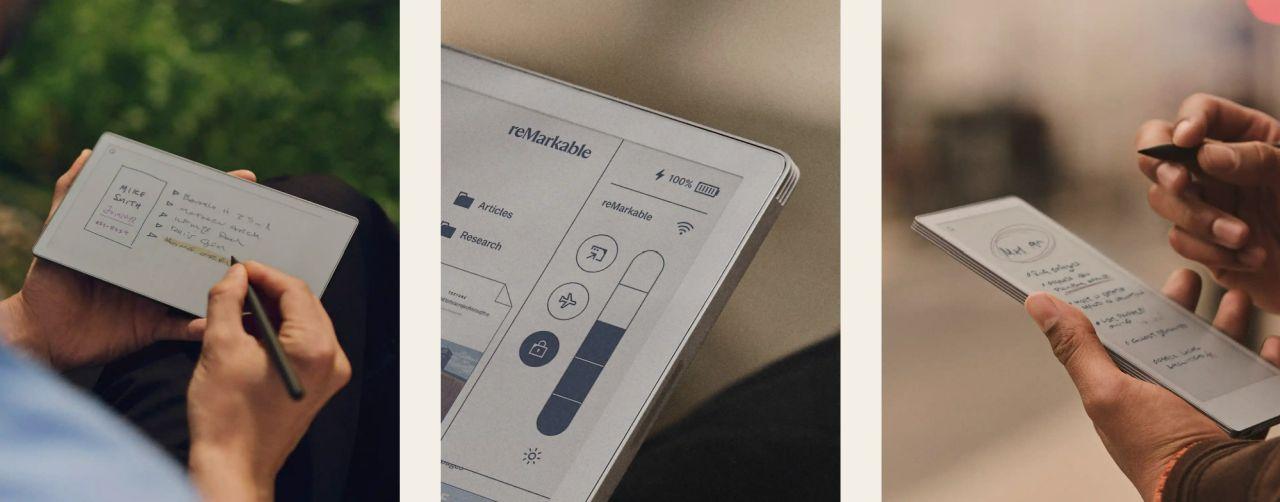
Video: Remaking a Pencil and Paper Test for Dementia for the Digital Age
What if we could detect dementia earlier and more accurately? That's the question the team at Digital Cognition Technologies (DCT) set out to tackle.
According to the World Alzheimer’s Report from Alzheimer’s Disease International, in 2015 there were 47 million people diagnosed with different varieties of dementia around the world. That number is growing, and the staggering cost of care is growing along with it.
"Early detection can change this trajectory, and we believe our test can do that." —Randall Davis, Ph.D., co-founder of DCT
How does it work?
For more than 50 years, clinicians have assessed cognitive status using a pen and paper test called the clock-drawing test. DCT’s lead product, DCTclockTM, is a radical rethinking of this test. It has patients take the test using a digitizing ballpoint pen that records each pen stroke with considerable spatial and temporal precision.
DCT’s novel software then analyzes both the drawing (e.g., the length of each stroke) and the process that produced the drawing (e.g., the duration of pauses between strokes). It first uses artificial intelligence to classify each pen stroke (e.g., as the minute hand, the numeral 3, etc.), then makes several hundred measurements of the drawing and the drawing process. These measurements are input to patented machine-learning technology that produces a report classifying the patient’s cognitive status. The report provides both an overall score and individual metrics within multiple cognitive domains, as well as the ability to play back the clocks exactly as they were drawn.
This test works by focusing on subtle changes in natural behavior, allowing for detection of impairment even in the absence of mistakes.
DCT’s approach is backed by a decade of joint research and clinical development done at MIT and Lahey Health and Medical Center that produced seminal IP. DCT’s solution offers clinicians understandable indicators that more precisely evaluate cognitive function.
What can it do for patients?
"While there's no cure for Alzheimer's yet, the ability to slow down the progress of the disease has extraordinary value." —Dana Penney, Ph.D., ABN, co-founder of DCT
Early detection enables early treatment, whether it’s medication or lifestyle changes. DCT’s vision starts with having this simple yet robust test of cognitive status added to annual checkups as a vital sign to be checked as routinely as blood pressure, heart rate, and temperature. The vision also looks toward providing more advanced information to specialists like neurologists and use in clinical trials where it might enable the development of drugs targeted toward earlier stage conditions.
That's why DCT pitched to become a Solver: They are looking for partners to make this vision a reality by spreading the word and to help connect with primary care physicians and specialists as they roll out their lead product.
Watch Randall Davis pitch DCTclock in September at the Solve Challenge Finals in New York City:
Read the solution application for the DCTclock. Interested in partnering with them as they scale for global impact? Solve wants to hear from you. Reach out at solve@mit.edu.
Randall Davis pitches DCTclock at the Solve Challenge Finals in the Brain Health Challenge, September 17, 2017. (Photo courtesy of MIT Solve)
Watch more from this series:
Previous post: The Rumie Initiative
Next post: WATERIG
Tags:
- Health
Related articles
-
A Visionary Healthcare Innovator: Dr. Mohamed Aburawi on Tech, Healthcare, and Impact Investing
In the newest episode of The Solve Effect, Dr. Mohamed Aburawi shares how building in crisis can spark innovation that lasts.
-
Powered by Purpose: E Ink’s ePaper Technology Takes Aim at the World’s Toughest Problems
Because it draws power only when an image changes—and none at all while static—ePaper reduces energy consumption by orders of magnitude. That single breakthrough unlocks net-zero transit signs, off-grid medical notebooks, and other applications that traditional screens simply can’t power sustainably.
-
The Solve Effect Podcast - Episode 4 - A Tech Maximalist: Atif Javed on Human Connection Through Technology
What happens when a childhood experience becomes the seed for a global movement? In this episode of The Solve Effect, host Hala Hanna sits down with Atif Javed, co-founder and Executive Director of Tarjimly, a nonprofit that connects tens of thousands of volunteer translators with refugees and displaced people worldwide.
